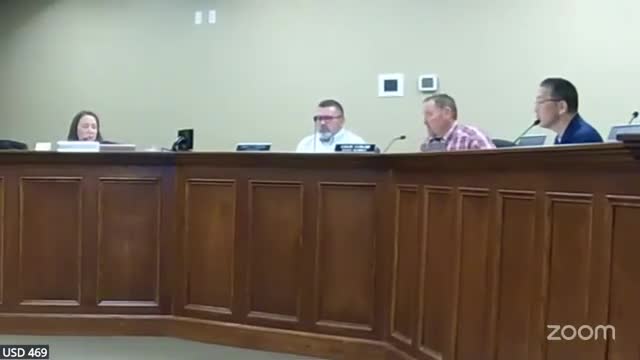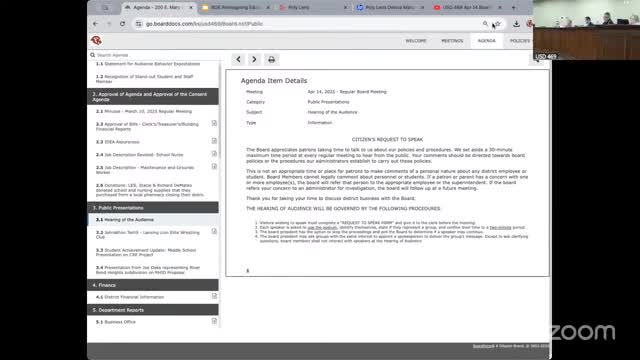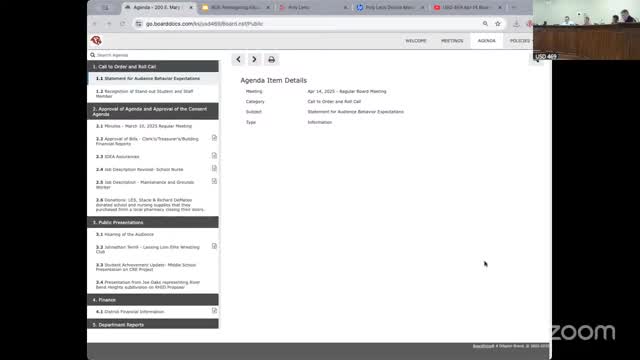Article not found
This article is no longer available. But don't worry—we've gathered other articles that discuss the same topic.

Votes at a glance: Lansing USD 469 board actions include KASB membership, legal assistance renewal, DOE certification and network infrastructure award

Lansing residents and school board press developer on Riverbend Heights RHID, citing tax and capacity concerns

